Recent Articles
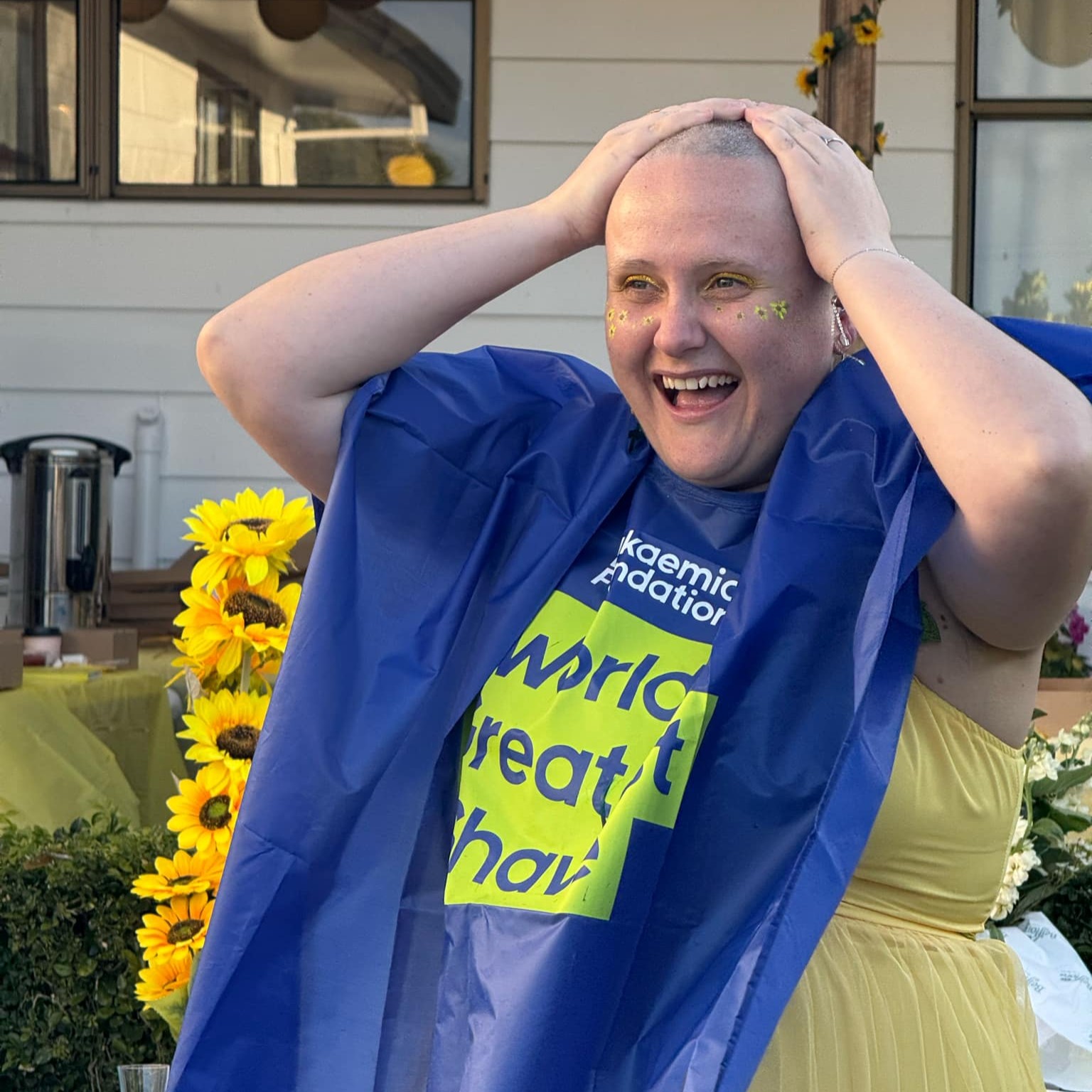
How to host a fundraising event
Thursday, 15th Jan 26
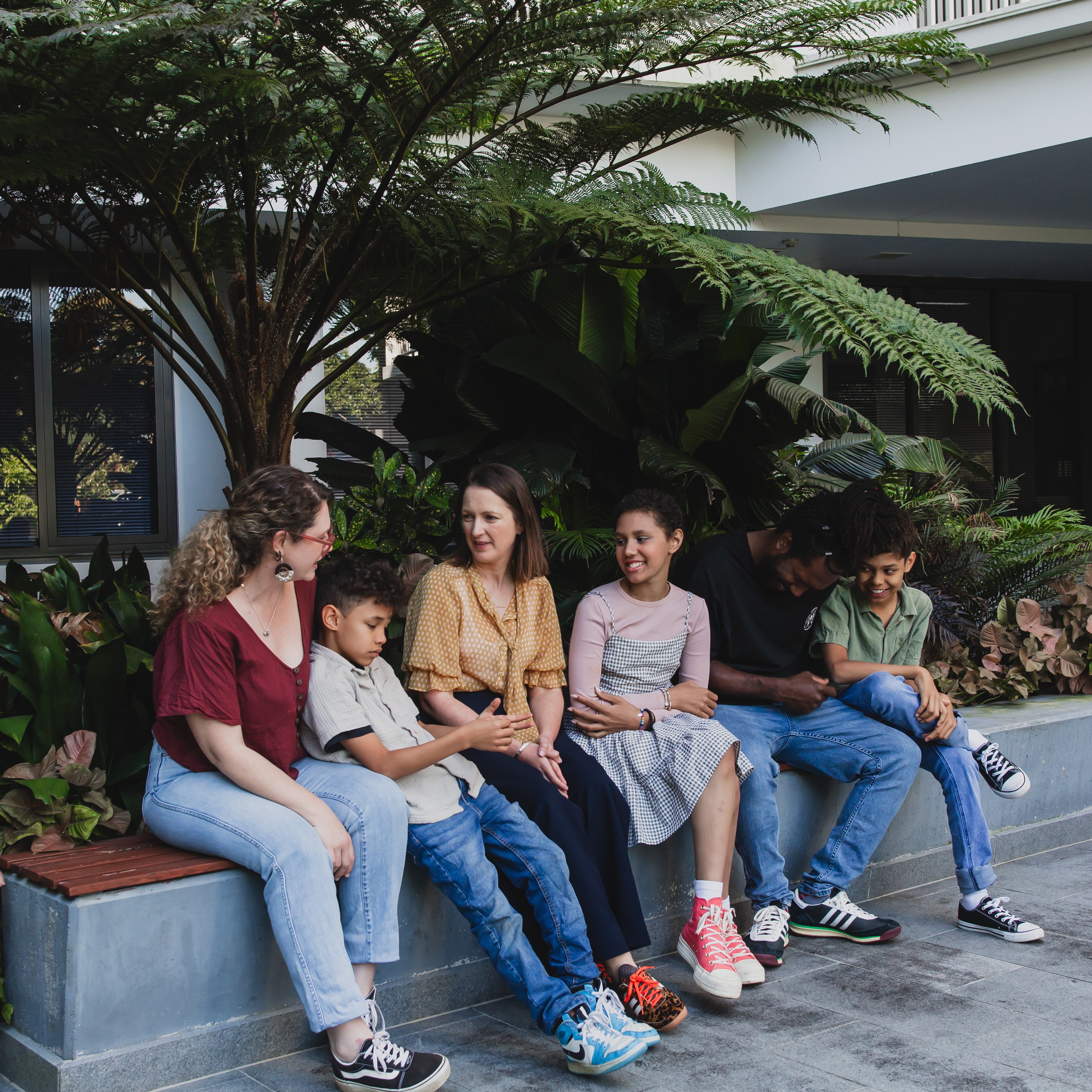
The single biggest crisis impacting Aust...
Wednesday, 4th Feb 26
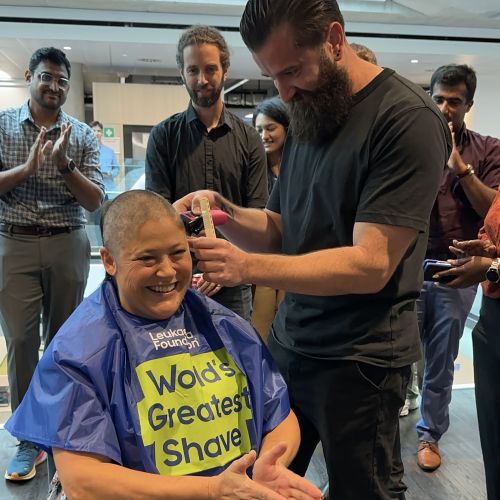
Where your money goes
Thursday, 15th Jan 26
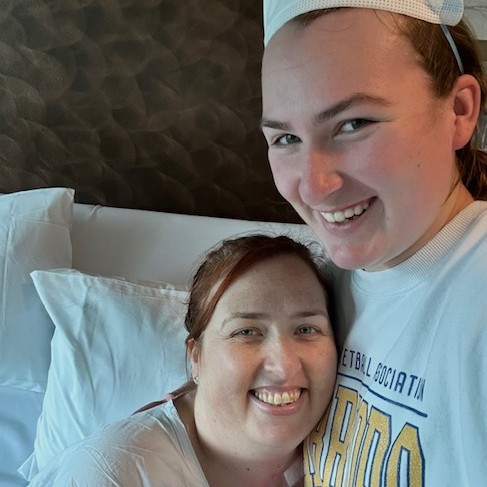
Gemma shares how cancer affected her ent...
Friday, 23rd Jan 26
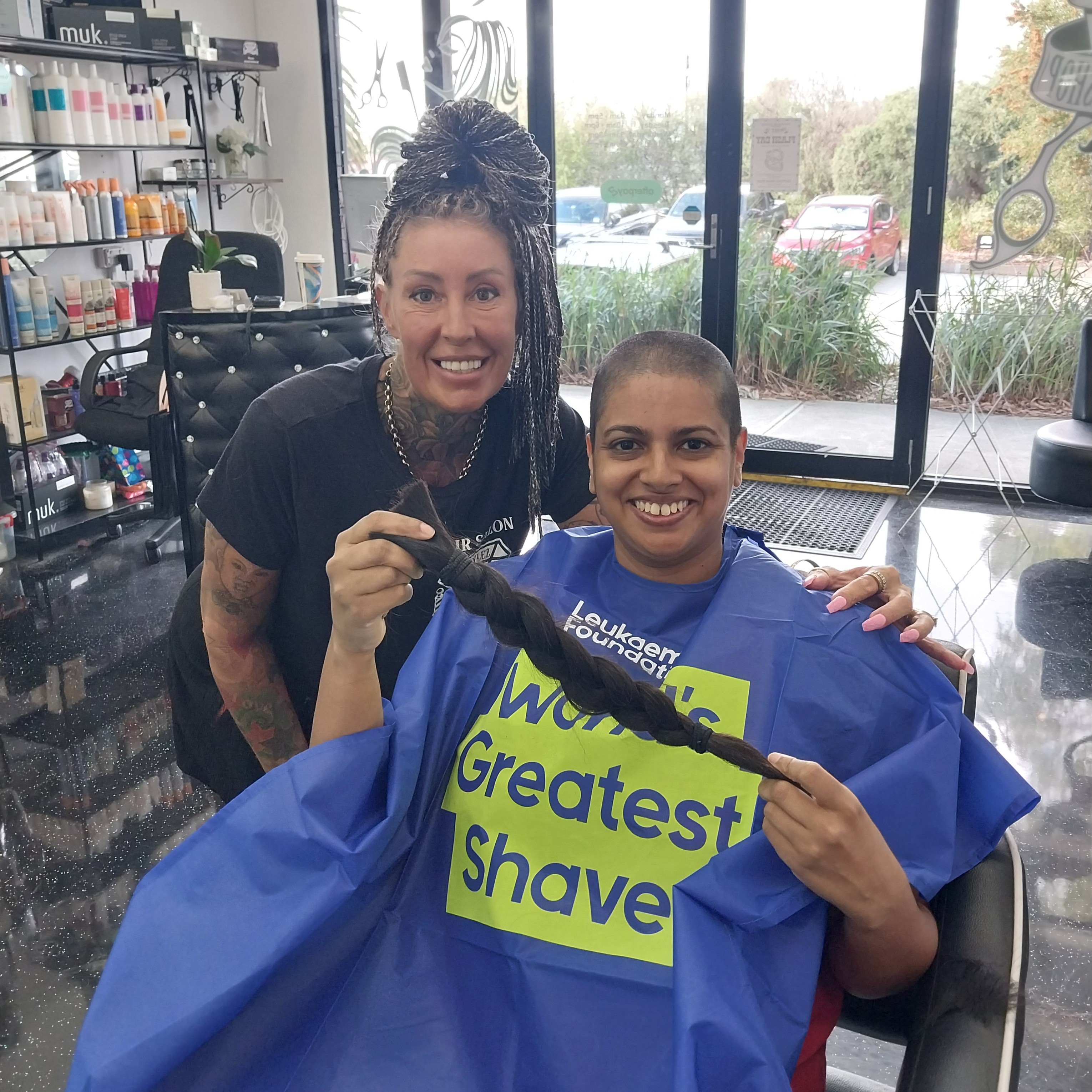
Should I shave my head?
Tuesday, 27th Jan 26
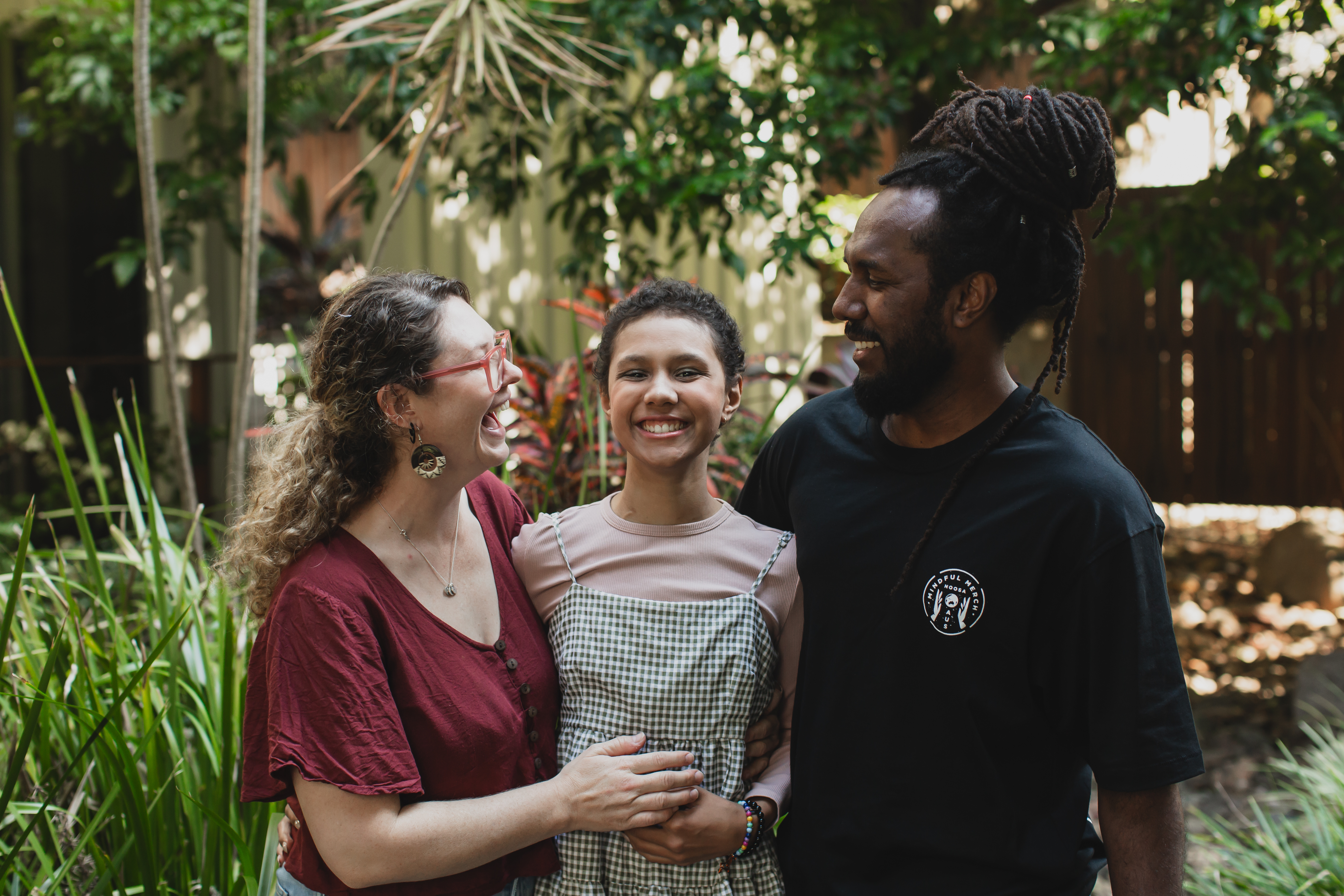
Siah's wish comes true: Why we shave, cu...
Friday, 30th Jan 26
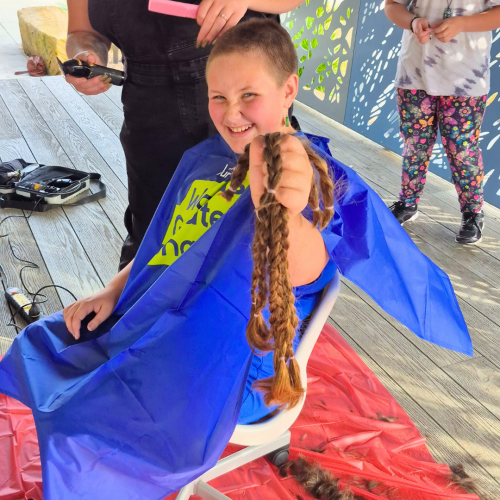
How to cut and donate your ponytail for ...
Friday, 24th Oct 25
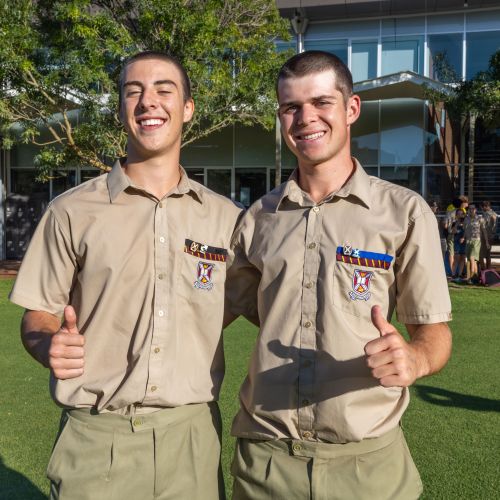
Why do schools fundraise?
Wednesday, 29th Oct 25
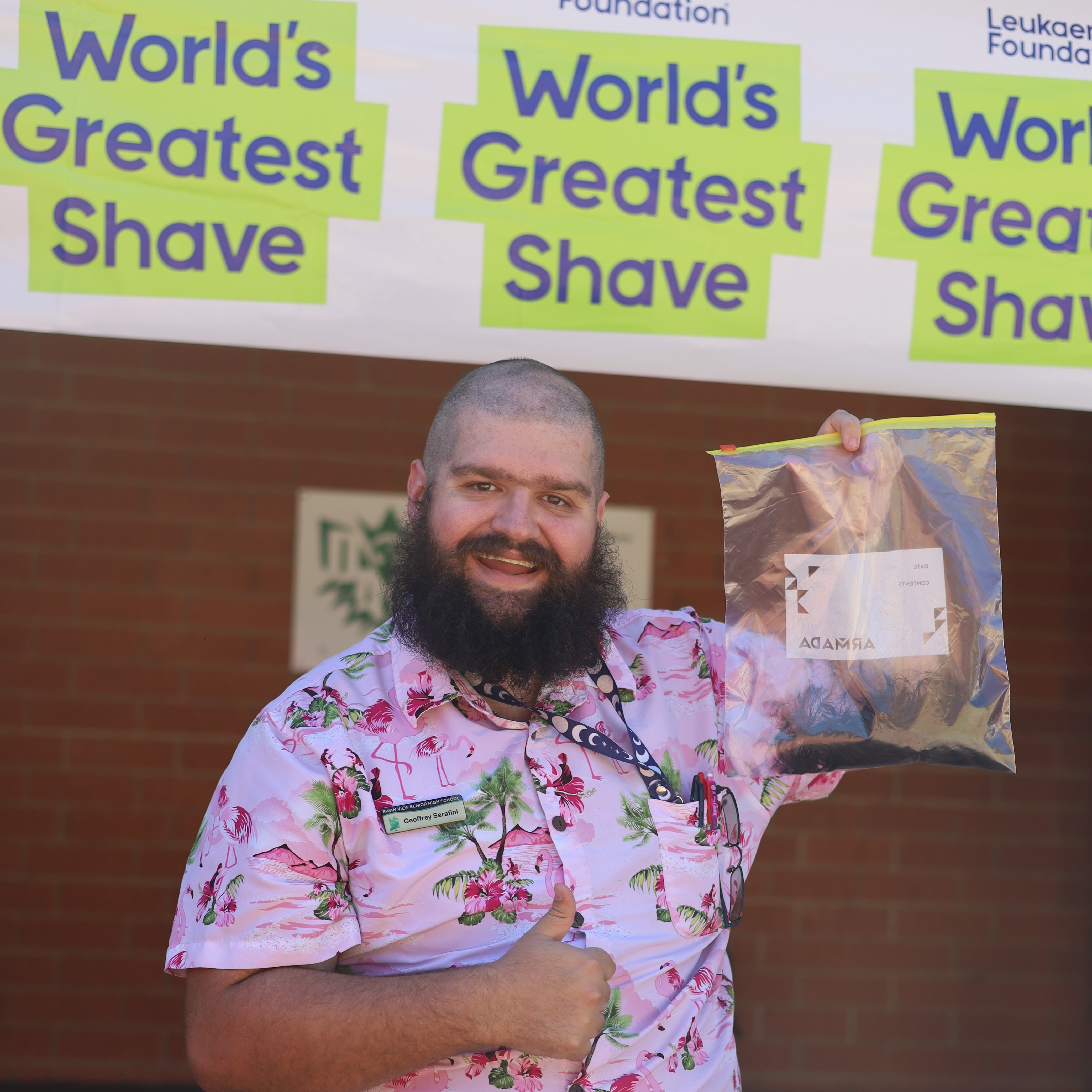
How to raise donations for charity
Tuesday, 3rd Feb 26
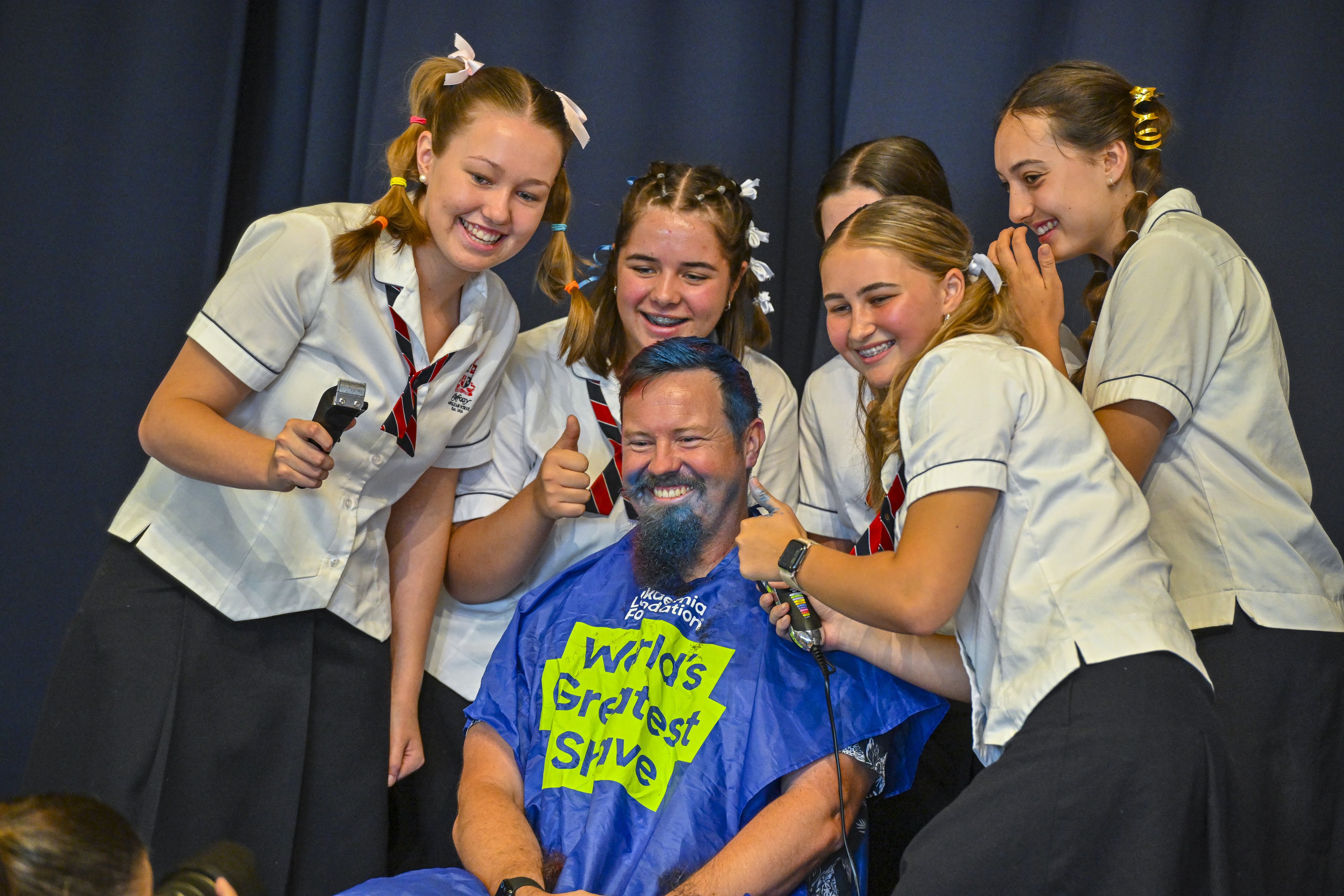
How to fundraise for schools
Tuesday, 30th Nov 99

How to donate hair
Friday, 10th Oct 25

Fundraising ideas for kids: Meet Audrey
Friday, 10th Oct 25


